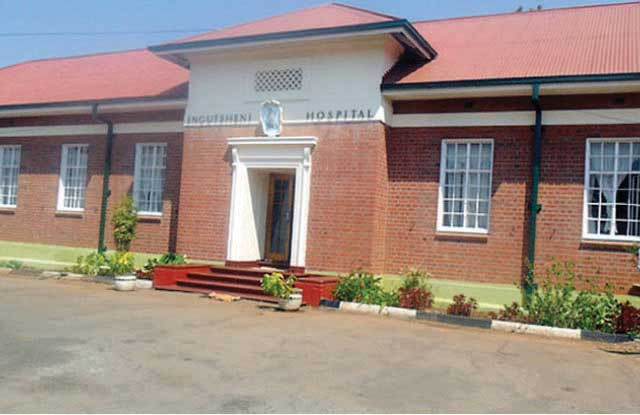
PSYCHIATRIC hospitals in Harare have been overwhelmed by an influx of drug abuse patients, the Zimbabwe Independent has established.
Over half of patients admitted to mental health units were this week said to be experiencing substance-induced disorders.
Zimbabwe has gone through two decades of political and socio-economic challenges, which have triggered the scourge, experts say.
There has been renewed resolve to address drug use, and a special taskforce has been established by government.
It works with referral centres, including Ingutsheni Central Hospital, Sally Mugabe Psychiatric Unit, Parirenyatwa Hospital Annexe and Ngomahuru Hospital, among other stakeholders.
The investigation showed that some hospitals were now turning patients away.
At Sally Mugabe, chief medical officer Christopher Pasi said while space might be available, capacity to take care of patients may sometimes be compromised again.
“Psychiatric units have not run out of space, but sometimes run out of clinical capacity to take care of patients needing admission,” Pasi said.
- Drug cartels turn Zimbabwe into a hub
- Edutainment Mix: In the art of rehabilitation, charity and hope
- Is unemployment really the issue here?
- FEATURE: Zim psychiatric hospitals, facilities overwhelmed
Keep Reading
“In my opinion, psychiatric hospitals are presently constructed to be units for drug rehabilitation, in addition to dealing with other mental health conditions that they have traditionally dealt with.
“They are only a stop-gap measure to provide temporary relief to a family under siege,” he added.
A nurse at the hospital said drug abuse patients were increasing.
“Most patients here are drug abusers. We can help them flush drugs out of their system and after 30 days, they are discharged,” she said.
“However, it is the same patients who come back.”
Drugs such as white-sniffing-powder, Tik, and BronCleer cough syrup are among the most abused.
Health experts have flagged the sharp increase in mental health breakdowns.
Cimas Medical Aid Society said there was a need to come up with facilities to fight drug abuse.
“Accessible and efficient rehabilitation facilities are desperately needed, as seen by the startling rise in alcohol and drug abuse cases in Zimbabwe,” Cimas managing director Tinotenda Mushapaidze said.
“But the high expense of these treatments has proven to be a major obstacle for those trying to get well.
“Cimas has extended coverage for alcohol and drug rehabilitation services to the people in a proactive move, acknowledging the seriousness of the problem.
“Cimas hopes to lessen the financial burden that those seeking assistance must bear and raise their chances of making a full recovery by strategically purchasing Highlands Wellness Group, a well-known and reliable supplier of mental health and rehabilitation services,” she added.
Zimbabwe’s biggest psychiatric institution, Ingutsheni Psychiatric Hospital in Bulawayo, has been overcrowded.
The Zimbabwe Republic Police drug and narcotics unit has set up bases at various ports of entry to fight the smuggling of illicit drugs.
Defence Minister Oppah Muchinguri-Kashiri, in her report to Cabinet as the chairperson of the national committee on drugs and substance abuse, recently said efforts were underway to flush out drug peddlers.
Information, Publicity and Broadcasting Services minister Jenfan Muswere in a post-Cabinet briefing, said a report presented by Muchinguri-Kashiri indicated that special units were established at Beitbridge, Victoria Falls, Chirundu and Forbes border posts.
“These posts at points of entry are meant to curtail the inflow of drugs,” Muswere said.
“Inland posts have also been established at the Robert Gabriel Mugabe, Joshua Mqabuko Nkomo and Victoria Falls airports.
“New technologies like drones are also being used to monitor the country’s borders in addition to traditional surveillance methods to reduce the smuggling and trafficking of drugs.
“The `nation is informed that the national committee has been frequently meeting in light of the observed increases in cases of drug and substance abuse,” he said.
Muchinguri-Kashiri indicated that under the supply reduction pillar of the committee, raids against drug suppliers, dealers and peddlers were regularly conducted.
She said 5 367 offenders were arrested during the period July 7 to September 23, 2023.
This represented a sharp increase from 4 328 during the entire 2022.
During the same period, 81 bases for peddlers were destroyed and the Medicines Control Authority of Zimbabwe cancelled seven licences for wholesalers and deregistered one.






